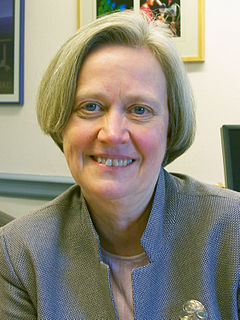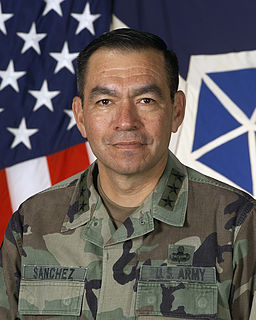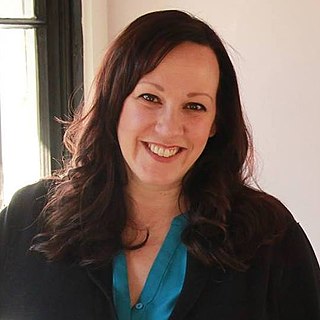A Quote by Wendy Kopp
We aspire to be equal opportunity, but all across the country where a student is born, their race, their class affect where they end up.
Related Quotes
When the ability to have movement across social class becomes virtually impossible, I think it is the beginning of the end of a country. And because education is so critical to success in this country, if we don't figure out a way to create greater mobility across social class, I do think it will be the beginning of the end.
It's exciting having a student who is not used to expressing their emotional side and bringing that out in them and see that developing and helping to nurture that. That's an exciting thing. In a class of fifteen there are usually two very good writers, equal to good student writers anywhere in the country. Those two make the class wonderful.
I figured, I am a product of the opportunity the country provided, and I understand the challenges of the middle class and the lower class, and I clearly understand the dynamics at the highest levels of wealth within the country and across this global world. It became clear to me that I could represent the people of Texas - I could represent those people, that segment of society that I came from.
We're not all equal as far as intelligence is concerned. We're not equal as far as size. We're not all equal as far as appearance. We do not all have the same opportunities. We're not born in the same environments, but we're all absolutely equal in having the opportunity to make the most of what we have and not comparing or worrying about what others have.
There is one other error in the Gondsman's line of resoning, I believe, on ap urely emotional level. If machines replace achievement, then to what will people aspire? And who are we, truly, without such goals? Beware the engineers of society, I say, who would make everyone in all the world equal. Opportunity should be equal, must be equal, but achievement must remain individual.
Neither federal nor state government acts compatibly with equal protection when a law or official policy denies to women, simply because they are women, full citizenship stature - equal opportunity to aspire, achieve, participate in and contribute to society based on their individual talents and capacities.
We deal here with the right of all of our children, whatever their race, to an equal start in life and to an equal opportunity to reach their full potential as citizens. Those children who have been denied that right in the past deserve better than to see fences thrown up to deny them that right in the future.
It's the culture, not the blood. If you can go anywhere in the world and adopt these babies and put them into households that were already assimilated in America, those babies will grow up as American as any other baby with as much patriotism and love of country as any other baby. It's not about race. It's never been about race. In fact the struggles across this planet, we describe them as race, they're not race. They're culture based. It's a clash of culture, not the race. Sometimes that race is used as an identifier.



































